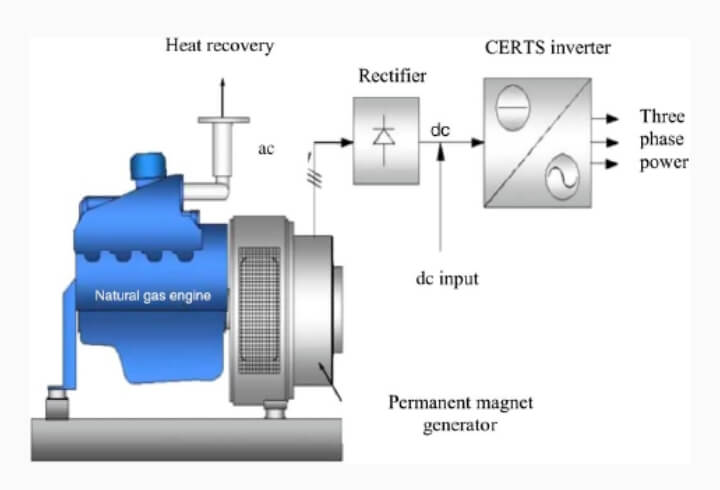As an Amazon Associate, we earn from qualifying purchases. This does not affect the price you pay or the quality of the products you buy. For more information, please read the full affiliate disclosure here.
Engine oil and transmission fluid are two vital fluids that keep your car running smoothly.
Engine oil lubricates the moving parts of the engine, while transmission fluid lubricates the gears and clutches of the transmission.
Both fluids need to be maintained at the proper level and quality to prevent damage and performance issues.
But can low engine oil cause transmission problems? The answer is not so simple.
The Indirect Effect of Low Engine Oil on Transmission
Low engine oil can indeed affect the transmission, albeit indirectly. Adequate engine oil levels are crucial for proper lubrication, maintaining optimal engine performance, and reducing friction.
Insufficient lubrication due to low engine oil can put added strain on the transmission system, potentially leading to transmission issues.
Low engine oil can also cause the engine to overheat, which can affect the transmission as well.
Overheating can damage the seals and gaskets that prevent the transmission fluid from leaking.
A leaky transmission can result in low transmission fluid, which can cause more serious transmission problems.
Recommended Read:- Reasons Why Oil Light Comes on But Oil is Full And How to Fix It
The Direct Effect of Low Transmission Fluid on Transmission

Low transmission fluid, on the other hand, can directly cause transmission problems, regardless of the engine oil level.
Transmission fluid serves several functions, such as cooling, cleaning, and protecting the transmission components.
Low transmission fluid can compromise these functions, resulting in various symptoms, such as:
- Slipping transmission: The transmission should shift seamlessly without much fanfare. However, if it feels like the gears slip during a change, this is an indicator that the fluid levels might be low. Slipping can also be combined with sudden shifting, RPM spikes, and grinding noises.
- Delayed or hard shifting: The transmission should respond quickly and smoothly when you change gears. However, if there is a noticeable delay or hesitation, or if the shifting is harsh or jerky, this could mean that the fluid levels are low. Delayed or hard shifting can also cause the check engine light to come on.
- Overheating transmission: The transmission fluid helps to regulate the temperature of the transmission, which can get very hot due to the friction and pressure. Low transmission fluid can cause the transmission to overheat, which can damage the internal parts and lead to failure. Overheating transmission can also cause the transmission fluid to become dark, dirty, or burnt.
How to Prevent Low Engine Oil and Low Transmission Fluid
The best way to prevent low engine oil and low transmission fluid is to check them regularly and change them when necessary. Here are some tips on how to do that:
- Check the engine oil level and quality every month or before a long trip. Use a dipstick to measure the oil level and make sure it is between the minimum and maximum marks. Also, inspect the oil color and texture and make sure it is not too dark, dirty, or gritty. If the oil level is low or the quality is poor, add or change the oil as soon as possible.
- Check the transmission fluid level and quality every six months or every 15,000 miles. Use a dipstick to measure the fluid level and make sure it is between the minimum and maximum marks. Also, inspect the fluid color and smell and make sure it is not too dark, dirty, or burnt. If the fluid level is low or the quality is poor, add or change the fluid as soon as possible.
- Use the right type and grade of oil and fluid for your car. Consult your owner’s manual or a trusted mechanic to find out the recommended specifications for your car. Using the wrong oil or fluid can cause compatibility and performance issues, as well as damage to the engine or transmission.
- Avoid driving habits that can cause excessive wear and tear on the engine or transmission, such as revving the engine, shifting when the car is not stopped, or towing heavy loads. These habits can increase the heat and pressure on the engine or transmission, which can degrade the oil or fluid faster and cause problems.
Final Thought
Low engine oil can indirectly affect the transmission by causing overheating and strain on the transmission system, which can lead to transmission fluid leakage and low transmission fluid. Low transmission fluid can directly affect the transmission by causing slipping, delayed or hard shifting, and overheating transmission. To prevent low engine oil and low transmission fluid, you should check them regularly and change them when necessary, as well as use the right type and grade of oil and fluid for your car and avoid driving habits that can cause excessive wear and tear on the engine or transmission. By doing so, you can keep your car running smoothly and avoid costly and dangerous transmission problems.
Share


